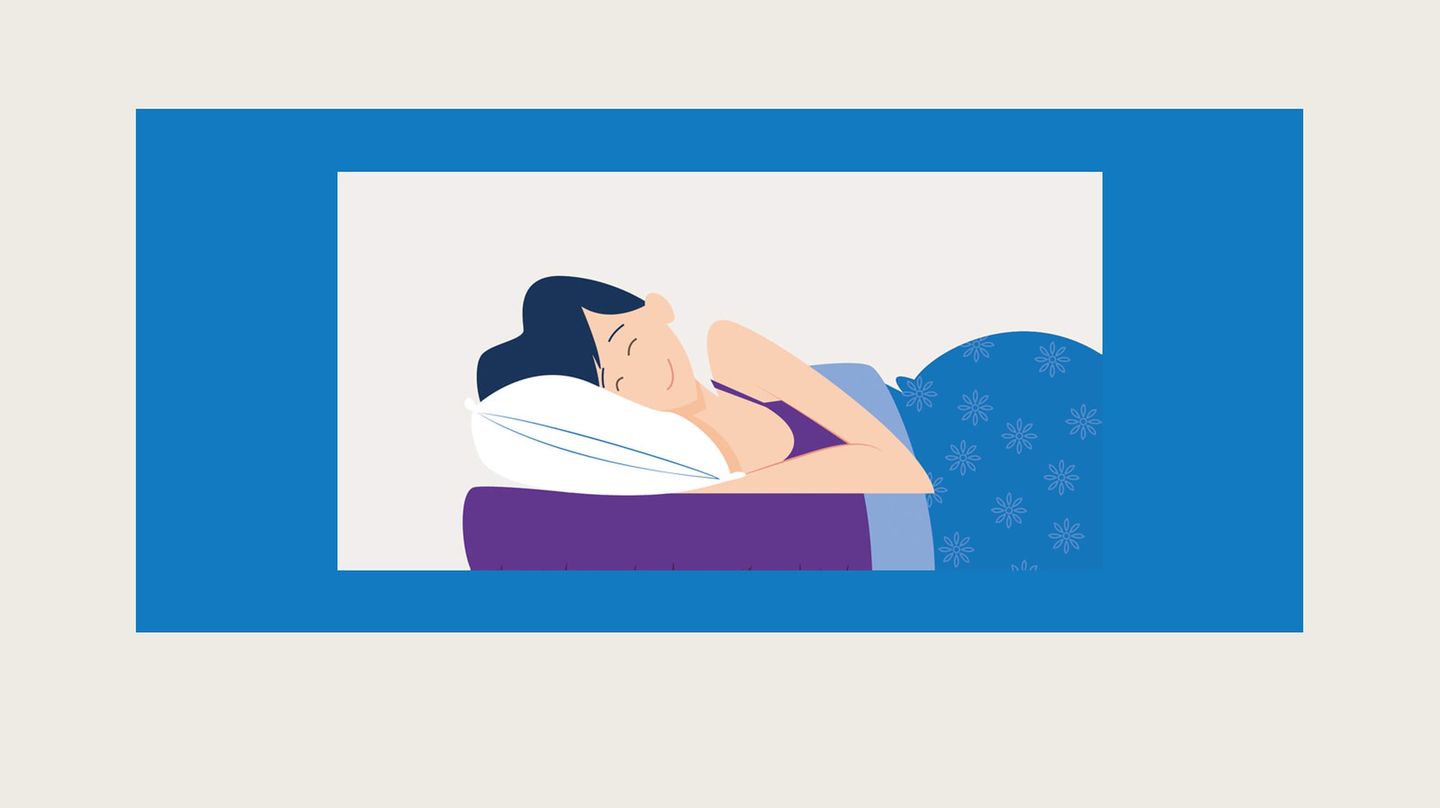
More and more scientific evidence points to how important it is to sleep well and the direct link to a healthy life. Night-time rest is the time that our body uses to carry out a series of mechanisms that repair tissues and makes sure they are in working order for the next day.
• Keep to a set timetable
Always try to go to bed and wake up at the same time because constant changes can end up in insomnia or chronic problems.
• The bedroom
Your room should be at the right temperature; about 18 degrees. We recommend that it’s peaceful, silent, with a dim light and a comfortable bed.
• Digestion
You should have supper two hours before going to bed and not eat too much. Never go to bed hungry as it could make it hard for you to relax and increase the risk of getting up in the middle of the night.
• Cut down on stimulant intake
Reduce the amount of coffee, tea and fizzy drinks in the evening so that their effect doesn’t interfere with getting off to sleep.
• Bed is just for sleep
Avoid being in bed too long as this can disrupt your sleep, or make you sleep too lightly or less effectively.
Nor is it a good idea to watch television, use the mobile or play video games, especially for teenagers who these days are hyperconnected.
• Short siestas
A siesta is a really healthy habit to get into, but if it goes on for more than half an hour it can stop night-time sleep. If you aren’t tired, don’t have a siesta.
• Take exercise
Exercising during the day helps good night-time rest. If you take part in sport at night, try to do so around three hours before going to sleep.
• Bedtime routine
Repeat more or less the same actions before going to sleep. Brush your teeth, put your pyjamas on, get your clothes ready for the next day…
• Relaxation
Some relaxation and breathing exercises can be really useful to help get us off to sleep. They help our body release tension and allow us to get to sleep sooner.